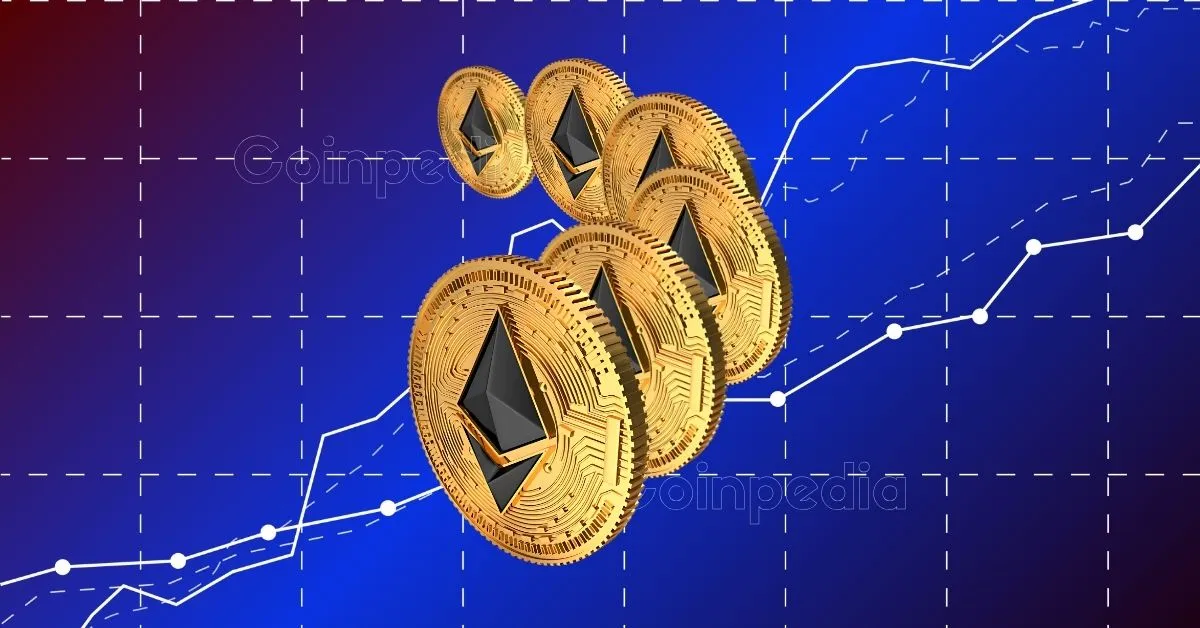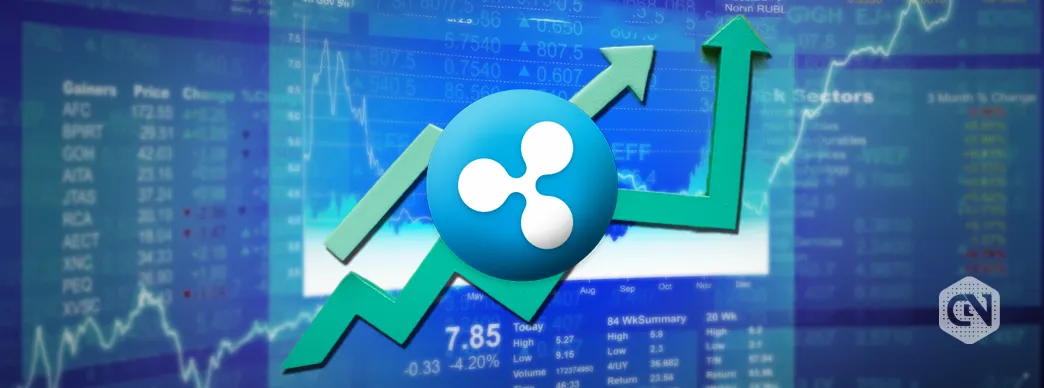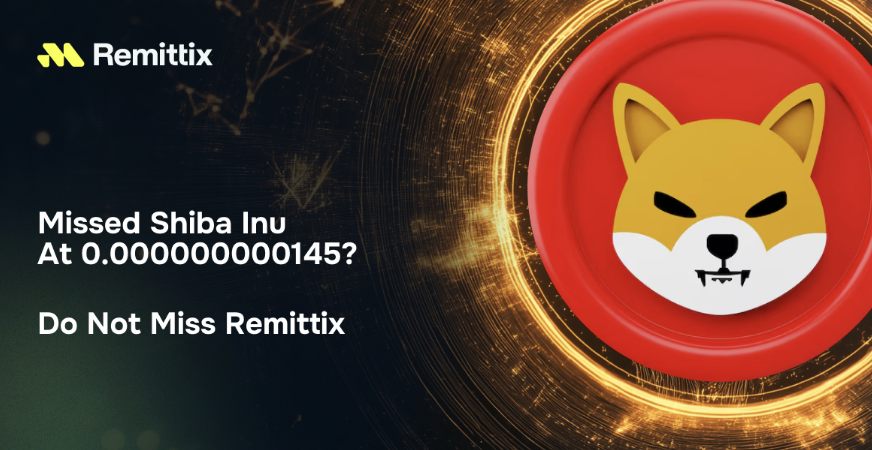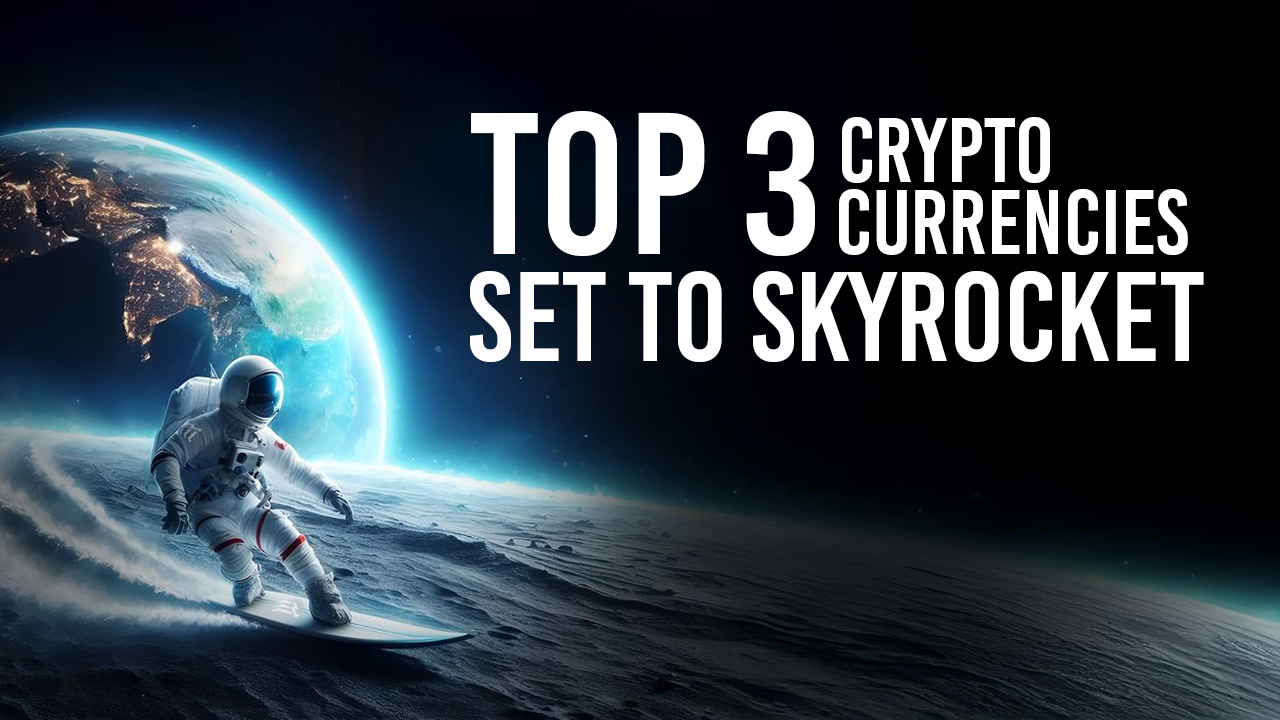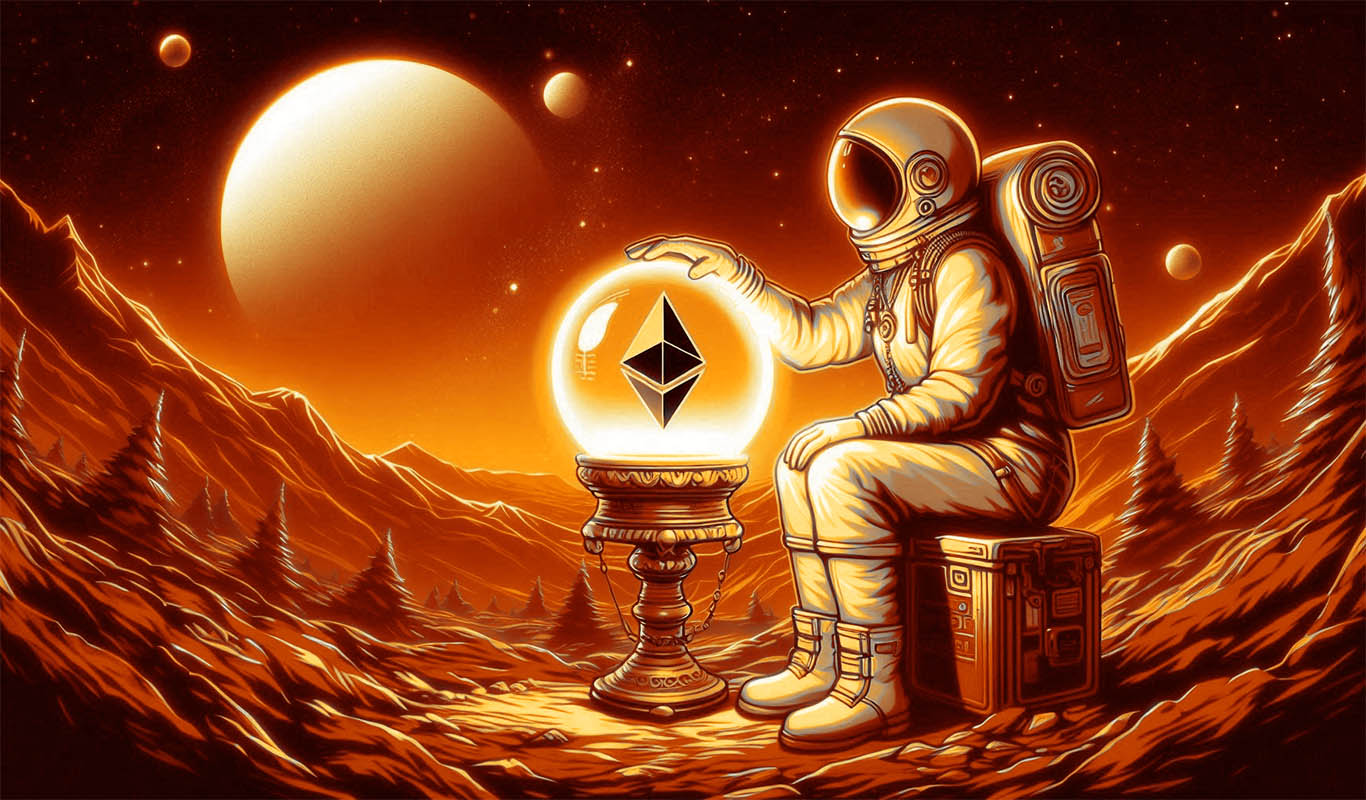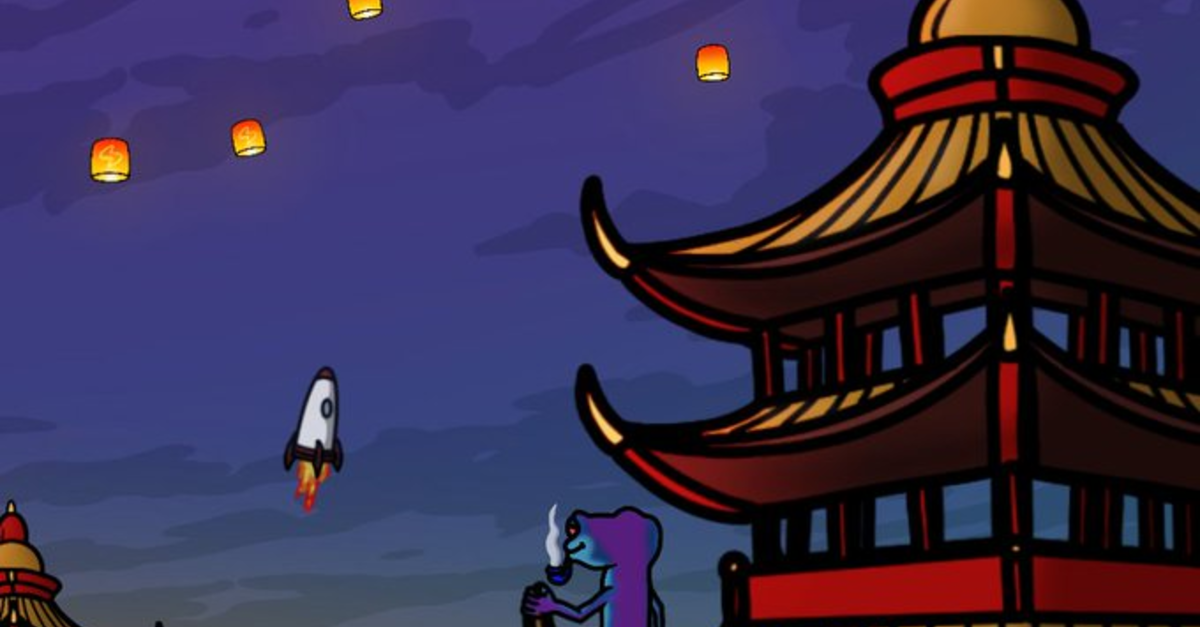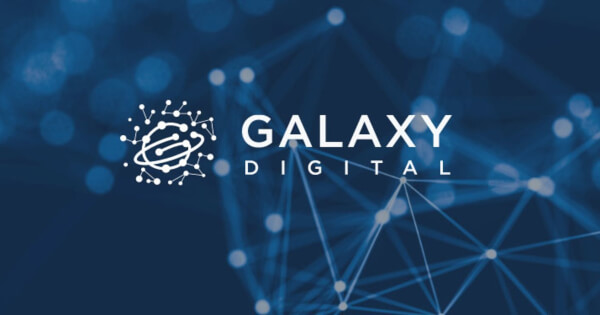According to Protocol co-founder Rune Christensen, a multi-year Maker Protocol makeover known as the “Endgame” is nearing its conclusion, paving the way for the resurrection of an age-old rivalry. The ambitious initiative aims to revamp the MakerDAO ecosystem and explore new possibilities for its stablecoin, DAI. Christensen tweeted late on a Friday night that creating a native blockchain for Maker with the code name New Chain is the final phase of the endgame. One of the intriguing considerations in this overhaul is the potential migration to the Solana blockchain, which has sparked excitement and controversy within the crypto community.
The Maker DAO Endgame Protocol
Roon listed three primary causes for this, including the blockchain’s high technical standard, its durability following the FTX boom, and the demonstrated performance of Solana’s code base in other noteworthy projects. The Maker DAO Ecosystem, built on the Ethereum blockchain, has pioneered decentralized finance, allowing users to generate DAI stablecoins by collateralizing their assets. If their top aim is realized, MakerDAO, previously located on Ethereum, will transfer to a longstanding competitor. One of the key elements of the overhaul is the exploration of alternative blockchains to host the MakerDAO ecosystem. Solana, a high-performance blockchain known for its speed and low transaction costs, has emerged as a front-runner in this consideration. However, the Endgame protocol overhaul seeks to address the current system’s limitations and prepare MakerDAO for the future.
Reasons for Considering Solana as the Basis for New Chain
Numerous solid arguments support using Solana as the foundation for the “New Chain,” which is a new blockchain. Solana is a leading candidate for the following reasons, among others:
Scalability:
It has a remarkable capacity for scaling and can manage thousands of transactions per second (TPS). Scalability is essential for applications like decentralized finance (De-Fi)and non-fungible tokens (NFTs), which need quick and effective processing of transactions and smart contracts. It is, therefore, the best option for projects that plan to experience quick development and huge transaction volumes.
Rapid Confirmation Speed:
Numerous applications, including high-frequency trading, gaming, and real-time data processing, depend on this speed. Transactions are completed in seconds with Solana’s quick confirmation speed. Quick transaction settlement and a flawless user experience are advantageous to users.
Developer-Friendly:
The development process is made more accessible by Solana’s interoperability with well-known programming languages and frameworks, which lowers entry hurdles for developers. Teams may more easily create and deploy applications on the Solana platform because of its developer-friendly environment, supported by various developer tools and thorough documentation.
Community Backlash on Crypto Twitter
Many cryptocurrency aficionados, especially those with strong ties to Ethereum, expressed their skepticism about this community backlash on Twitter. There was strong criticism from the community on Twitter in response to the proposed relocation of MakerDAO to Solana. Critics started questioning Solana’s decentralization and security features, raising concerns about the long-standing rivalry between Solana and Ethereum. Intense arguments were made on both sides of the Twitter discussion. They suggested that Ethereum continue serving as MakerDAO’s principal blockchain due to its well-established network and robust De-Fi ecosystem.
Solana’s Response and Call for Unity
Anatoly Yakovenko, the founder of Solana, emphasized the value of cooperation within the larger blockchain ecosystem. Solana’s leadership adopted a calm and amicable stance in response to the community’s worries and controversies regarding the probable move of MakerDAO to Solana. He also confirmed that Solana’s goal is to provide an alternative that can survive with and enhance current ecosystems rather than completely replace Ethereum in various fields, including Ethereum Casinos. To build a more robust and inclusive decentralized finance (De-Fi) ecosystem, Yakovenko’s appeal for unity underscored the necessity of collaboration across blockchain initiatives. Solana seeks to accomplish this goal by encouraging harmony and cooperation. He advised the crypto community to concentrate on interoperability and collaboration rather than stoking competition, allowing various blockchains to capitalize on their distinct advantages for all users and developers.
Conclusion
The historical competition between Ethereum and Solana complicates this topic but also emphasizes how cutthroat the blockchain industry is. Solana is an attractive option for companies looking for a blockchain foundation because of its mix of scalability, cheap fees, speed, developer-friendly features, and a growing ecosystem. Solana’s plea for ecosystem unity serves as a reminder that the ultimate objective should be the development of a varied and cooperative blockchain. Due to these factors, Solana is a viable contender to serve as the foundation for “New Chain” or any other project aiming to maximize the potential of blockchain technology.
Credit: Source link



